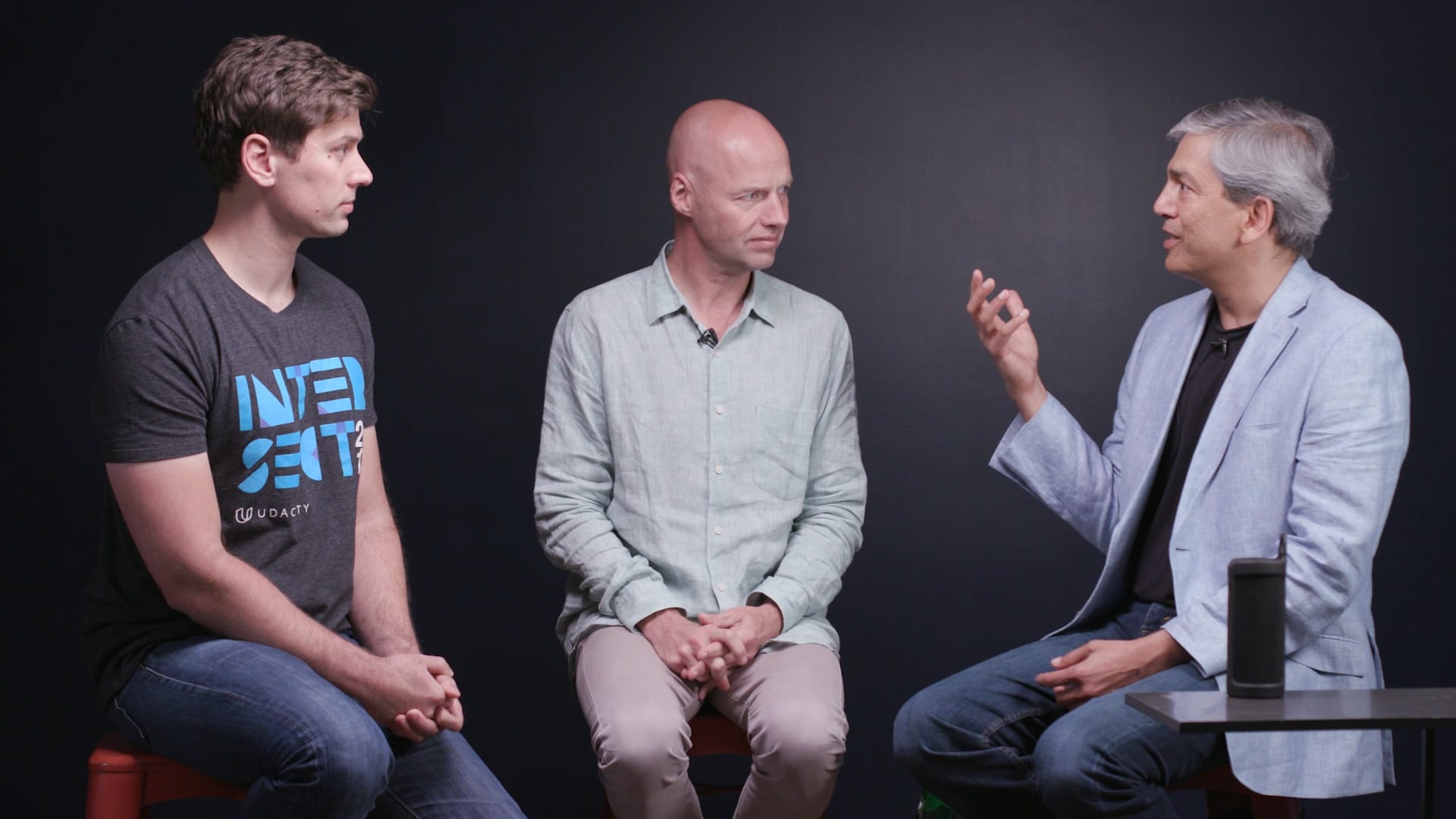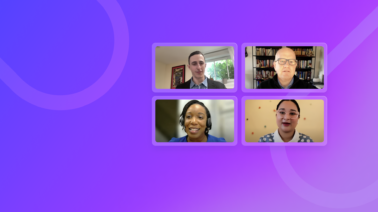
Artificial Intelligence by its very nature promises so much, and the potential seems so vast it staggers the imagination. Excitement in this field runs higher every day, as the ongoing process of translating the possible into the actual produces newer and more incredible innovations.
With this excitement come concerns, of course, and it is perhaps understandable that some people continue to see Artificial Intelligence as some sort of a threat—in far too many narratives, AI is cast as a replacement for humans, with robot laborers predicated to take over for human employees in the workforce. This worry fails to take into consideration two key storylines: 1) AI is an augmentative technology; it extends our abilities, it does not replace them, and 2) AI, by assuming responsibility for repetitive and mundane tasks, frees us for more creative and fulfilling activity.
Some observers have even gone so far as to suggest that intelligent machines represent a kind of end to “human-ness” itself; meaning, those things we think of as being most human—the ability to love, to make moral and ethical decisions, to create art—are predicted to fall by the wayside before the advance of intelligent machines.
The Human Side of Technology
Dr. Ashwin Ram, Senior Manager of AI at Amazon Alexa, spoke to Sebastian Thrun, President and Co-Founder of Udacity, about AI, and his foundational exposure to the “human side of technology” as he pursued his PhD in AI at Yale:
This is a deeply insightful conversation, and should be required viewing for anyone interested in the past, present, and future of AI, and what it all means for humanity.
Understanding People
In response to Dr. Ram, Sebastian offers an origin story about his own exposure to AI that is quite similar:
“I was in college, and I wanted to understand people. I studied philosophy, medicine, some psychology, a little bit of biology, and I started computer science … I found AI to be an interesting study of human intelligence.”
“I was in college, and I wanted to understand people.” This is something often lost in conversations about AI, that the innovators in the space are largely driven by a desire not to understand robots, but to understand intelligence itself.
Trust
One particularly interesting thread that our speakers take up in the video, is the idea of “Conversational AI”-powered machines evolving to the point of becoming full-fledged “smart assistants.” The implications here are fascinating, and it’s something Dr. Rana El Kaliouby, the CEO of Affectiva, and a pioneer in the field of “Emotion AI,” has spoken about before:
“One of the most interesting things to consider is that, as we see continued growth in “conversational interfaces,” these interfaces are going to need more and more specialized skills. Many bots, for example, are built to be “assistants,” but if you’re going to rely on them, you need to be able to “trust” them, so what does this trust relationship look like in this new paradigm?”
The augmentation power of AI
Sebastian has spoken publicly at length about the idea of AI as an “augmentative” technology, and in this video, we hear Dr. Ram say something similar, in the context of a conversation around the possibility of brain interfaces:
“The next step is the kind of world that might allow all of us to augment our brains.”
This video offers a unique opportunity to witness an unscripted dialogue between two hugely influential figures in the field of Artificial Intelligence (moderated by Jared Polivka, the Senior Product Manager for our Artificial Intelligence Nanodegree program), and we sincerely hope you enjoy, and are moved by, the experience of watching this conversation.
What the future holds
Amidst all the mind-bending insights on offer throughout this 25-minute video, we found this particular exchange especially excellent:
Jared Polivka Is Amazon hiring, Dr. Ram?
Dr. Ashwin Ram: We’re hiring a ton. Amazon is hiring 100,000 people this year, across all the different business. Alexa is hiring as well, and we’re certainly super excited about our hiring partnership with Udacity; we have our recruiters talking to your folks, and we have a pipeline of really good people.
Now THIS is a great way to think about what the future holds!
~
Are you interested in a career in Artificial Intelligence? Apply to our Artificial Intelligence Nanodegree Program today!



